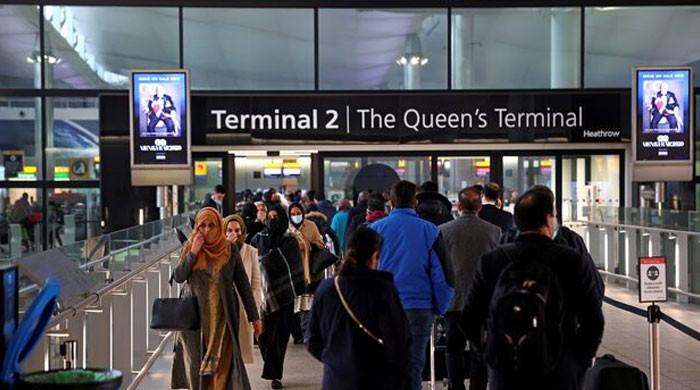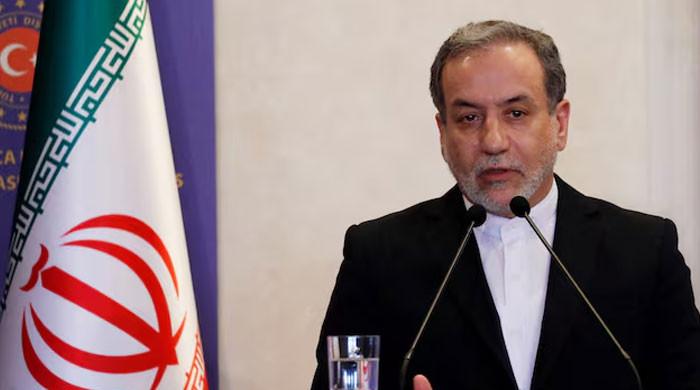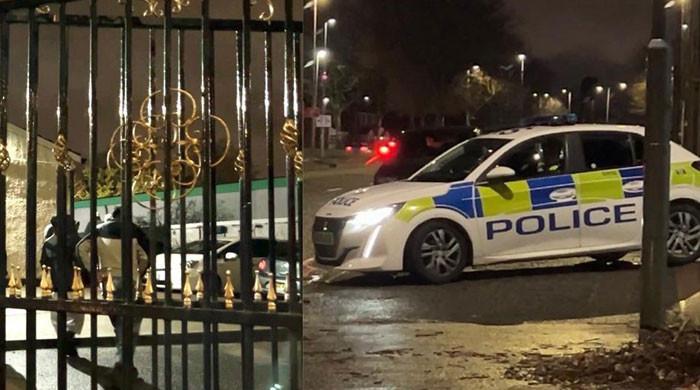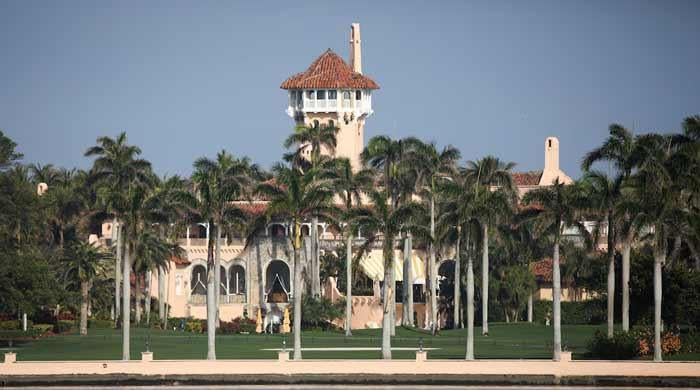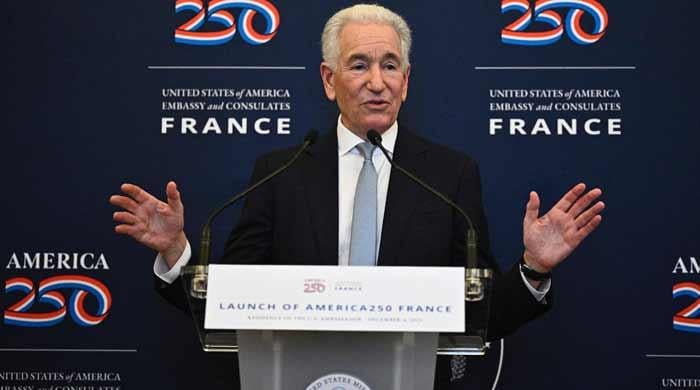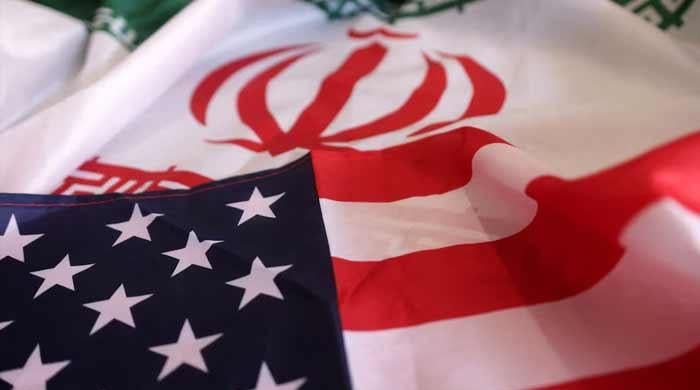US envoy says Ghani exit scuttled Afghan power-sharing
Ashraf Ghani's sudden exit from Kabul surprised the top US officials who later denied taking responsibility for Kabul's security
September 16, 2021
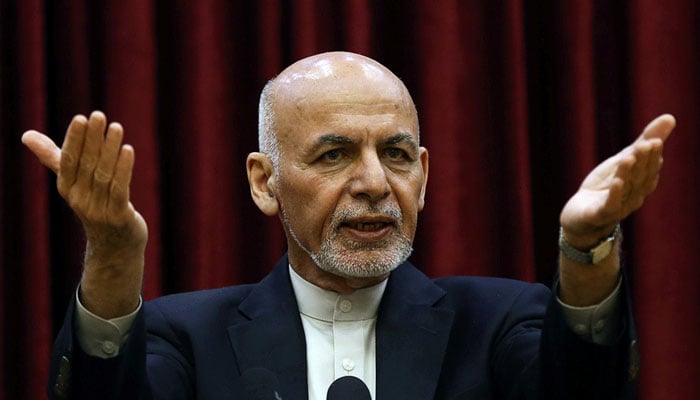
- In an agreement, the Taliban agreed to stay out of Kabul for two weeks and form a future government, said US envoy Zalmay Khalilzad.
- However, former president Ashraf Ghani fled Kabul on August 15, said Khalilzad.
- After a previously scheduled meeting with General Frank McKenzie, the Taliban did what is a known story as the US general declined to take responsibility for security.
WASHINGTON: The US negotiator on Afghanistan said that president Ashraf Ghani's abrupt exit scuttled a deal in which the Taliban would hold off entering Kabul and negotiate a political transition.
In his first interview since the collapse of the 20-year Western-backed government, Zalmay Khalilzad, who brokered a 2020 deal with the Taliban to withdraw US troops, told the Financial Times that the insurgents had agreed to stay outside the capital for two weeks and shape a future government.
"Even at the end, we had an agreement with the Talibs for (them) not to enter Kabul," he told the newspaper in the interview published Wednesday.
But Ghani fled on August 15 and the Taliban, in a previously arranged meeting that day with General Frank McKenzie, chief of Central Command, asked if US troops would ensure security for Kabul as government authority crumbled.
"And then you know what happened, we weren't going to take responsibility," Khalilzad said.
President Joe Biden had insisted that US troops would only work to evacuate Americans and Afghan allies and not extend America's longest war.
Asked about Khalilzad's remarks, State Department spokesman Ned Price said it was not an option to stay "a moment longer" in Kabul.
"There was never a realistic, there was never a viable, there was never a practical option for the United States to stay," Price told reporters.
"We were left with a very clear and stark impression that if the United States sought to prolong our presence on the ground, our servicemembers... would again be targets of Taliban violence not to mention terrorist attacks by groups like ISIS."
Ghani, who sought safety in the United Arab Emirates, has apologized for how the government ended but said he left on the advice of palace security to avoid bloody street fighting.
The Taliban had been demanding the resignation of Ghani as part of any transitional government. Ultimately, they named a caretaker government with no non-Taliban nor women.
Secretary of State Antony Blinken, testifying before Congress this week, also said he spoke to Ghani on August 14 and that the Afghan leader agreed both to work on a transitional government and, if the Taliban reneged, to "fight to the death."
Blinken said Ghani gave no warning he would leave the next day.
The Afghan-born Khalilzad, a senior figure in former president George W. Bush's administration who was tapped by Donald Trump to negotiate the withdrawal, has come under fierce criticism in Washington after the Taliban takeover.
Khalilzad, who said he was surprised Biden kept him, did not take responsibility for how the war ended, saying it had been up to Afghans to reach a peace deal.




